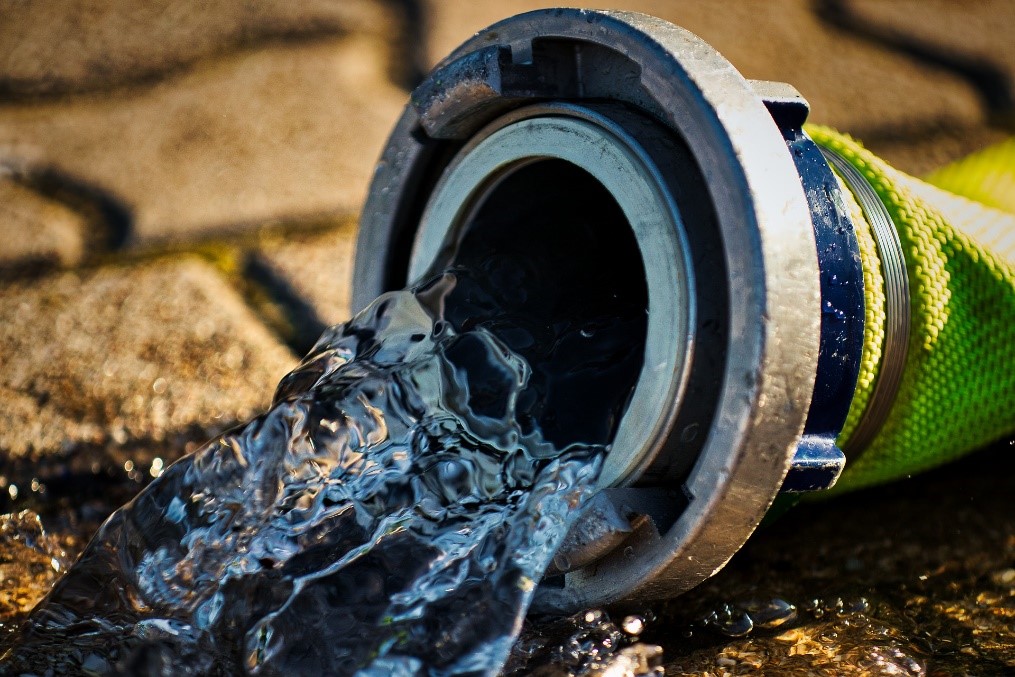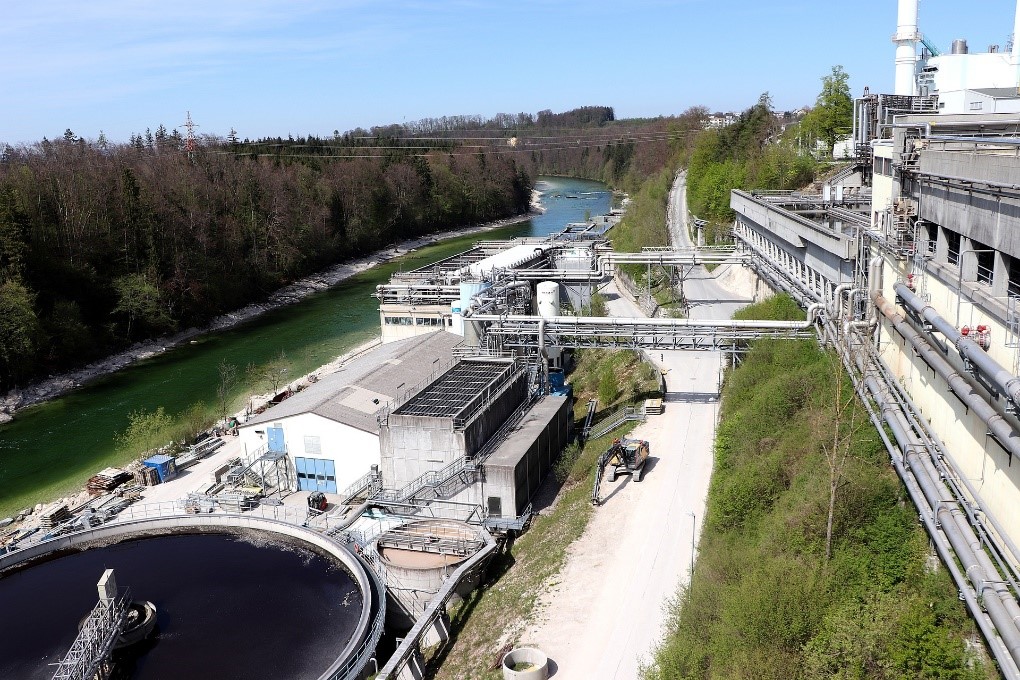Bushfires have large short and long-term impacts on the quality of drinking water. They can cause serious damage to water supply infrastructure, water catchments and can even affect the treatment processes necessary to have water for consumption.
Some areas of Australia, specifically New South Wales and Victoria due have been alerted to water quality and safety due to these fires.
The short term effects that a wildfire can cause are mainly damage to the supply infrastructure as these will disintegrate with the heat of the flames. We can also highlight losses in the electricity supply causing failures in both the pumping systems and the treatment systems, such as disinfection with chlorine, which is strictly necessary to eliminate microorganisms and make the water safe for consumption. Consequently, the authorities recommend the population not to use the tap water without previously boiling it. Water from an untreated source or one that has not been properly treated with chlorine is not safe to drink. Several types of bacteria as well as parasites such as Giardia and Cryptosporidium may be in the water causing serious health risks such as watery diarrhoea, colic, nausea, weight loss, fatigue or
discomfort among others.
Long term, they can damage water catchments for numerous decades. The elimination of the forests, which act as a buffer against rain and erosion thanks to their roots, while keeping the soil in place, could potentially cause mud, water and ashes to wash away after an intense rain, eroding the waterways and destroying everything in their path, making the filtration processes of the water treatment plants unviable. On the other hand, from an ecological and environmental point of view, the ashes from fires
which contain nutrients such as nitrogen and phosphorus can contribute to the increase of cyanobacteria (known as blue-green algae) which can release toxins into the water, difficult to eliminate even with effective chlorination systems in the treatment plants.
In addition, the water may contain chemicals that make boiling the water ineffective. Some authorities have alerted the population and cut off the water supply to households in numerous areas. Only bottled water from unaffected regions may be used. Alerts like these have taken place the week after the impacts of the bushfires on the treatment systems that supply cities like Buchan and Omeo.
After these bushfires occurred, many water treatment plant operators and watershed managers will have to adapt to the new conditions and prepare for more extreme weather events in the future.
- Khan, Water Online, ´Bushfires Threaten Drinking Water Safety. The Consequences Could Last for Decades´, More information can be found here, (accessed 14 January 2020)



